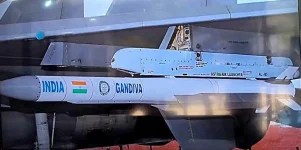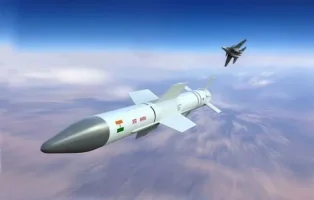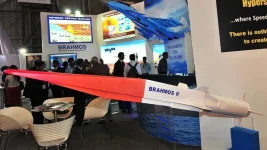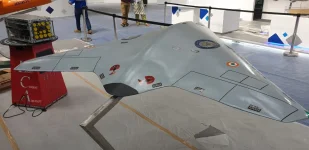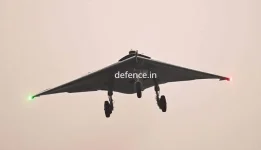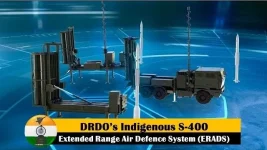- Views: 4K
- Replies: 22
India's Defence Research and Development Organisation (DRDO) is making significant progress in developing its next-generation Beyond Visual Range Air-to-Air Missile (BVRAAM), known as the Astra Mk3.
Building upon the success of its predecessors, the Astra Mk1 and Mk2, this new variant aims to significantly enhance India's air combat capabilities by incorporating cutting-edge technology and achieving extended engagement ranges.
The Astra Mk3 introduces a ramjet engine, a propulsion system that provides sustained thrust over longer distances, enabling the missile to maintain high speeds and manoeuvrability throughout its flight. DRDO has successfully completed ground trials of the missile system and is now gearing up for air trials using the Su-30MKI as the launch platform.
Sources indicate that the Astra Mk3 will be developed in two variants to meet diverse operational needs:
- Standard Ramjet Variant: This variant will be equipped with an Active Electronically Scanned Array (AESA) seeker, allowing for precise target tracking and coordination with AWACS and launch platforms via a two-way data link. It offers a range of over 300 km, making it highly effective against high-value aerial targets.
- Booster-Enhanced Ramjet Variant: This variant will include an additional booster stage to achieve even greater ranges, specifically targeting larger threats like airborne early warning and control systems (AWACS) at extended distances.
Furthermore, to fully leverage the Astra Mk3's capabilities, launch aircraft will require advanced radar systems with exceptional range for target detection, tracking, and engagement.
The decision on which fighter jets will carry these missiles must consider not only weight and structural integrity but also the operational tactics that will be employed. This could potentially influence the IAF's future acquisition and upgrade strategies, emphasizing the need for advanced avionics in its fleet.
The development of the Astra Mk3 represents a significant advancement in India's pursuit of indigenous defence technologies. With its extended range, advanced seeker technology, and two-way data link, the Astra Mk3 is poised to be a game-changer in air-to-air combat, providing the Indian Air Force with a crucial edge in safeguarding India's airspace.

